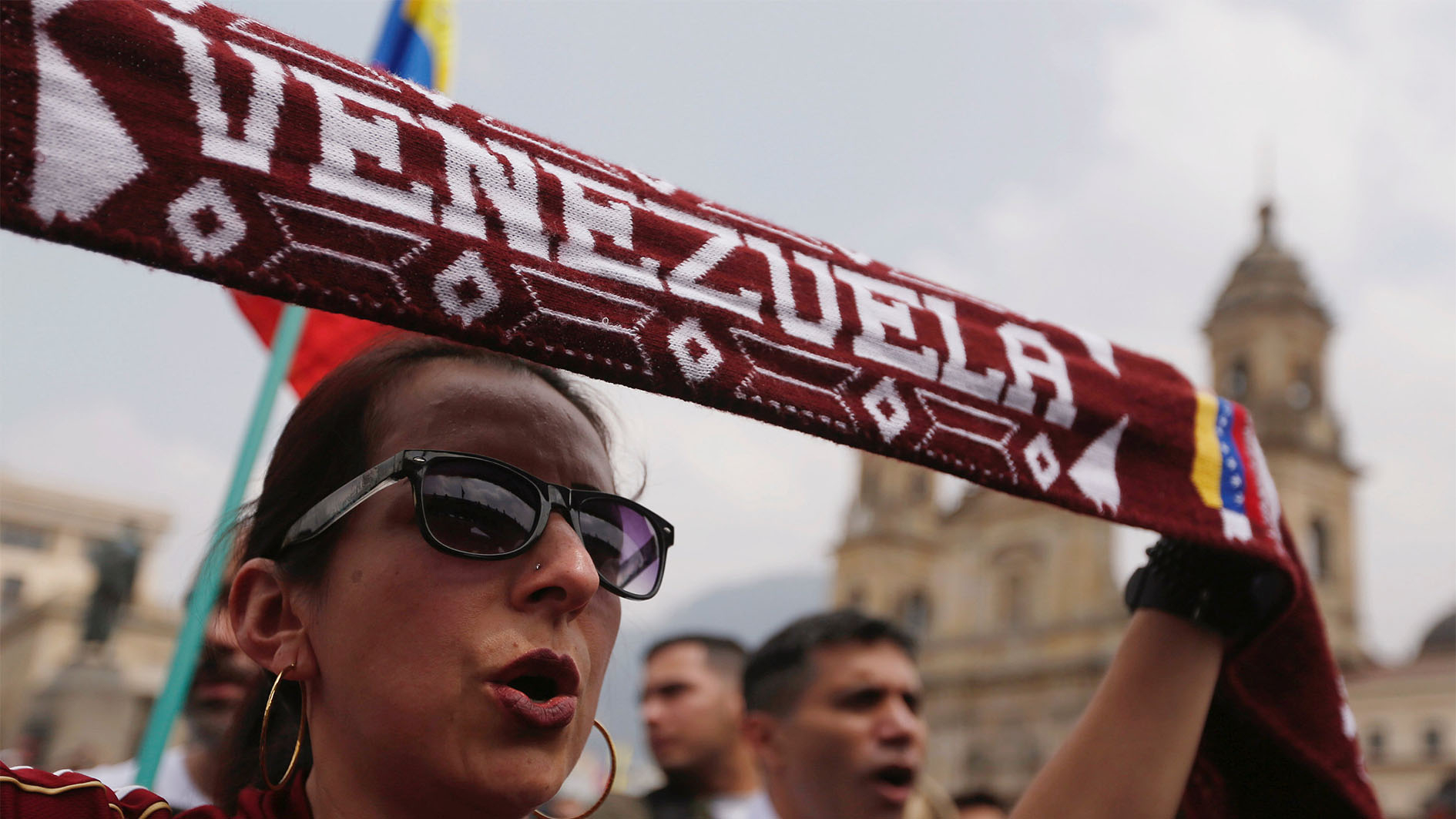
World
14:59, 03-Feb-2019
Venezuela political crisis: Does the U.S. have a history of meddling?
Updated
16:52, 03-Feb-2019
By Timothy Ulrich, Feng Ran
02:12

Venezuela's political crisis is becoming a concern of the international community. France, the UK, and other European powers have given Maduro until Monday to announce elections; otherwise, they'll follow the U.S. and recognize opposition leader Juan Guaido as president. To what extent does US interference on the continent play a role in all this?
The politics of Latin America has almost always been tied to US foreign policy. And with the Trump administration putting Venezuela in its cross-hairs, it's becoming increasingly apparent.
Then U.S. Secretary of State Rex Tillerson said: "Latin America does not need new imperial powers that seek only to benefit their own people."
That speech in 2018 by Trump's then-Secretary of State echoes Washington's long-standing foreign policy toward Latin America - the Monroe Doctrine. And in that speech, Tillerson called it a success.
In 1823, President James Monroe declared opposition to any European effort to interfere in any sovereign country in the Americas. As politicians interpreted the Monroe doctrine over time, it evolved into stewardship over Latin America. And now, the focus is on Venezuela, US Vice President Mike Pence says.
"The United States will continue to exert all diplomatic and economic pressure to bring about a peaceful transition to democracy, but those looking on should know this. All options are on the table."
Military intervention, arms sales, assassinations, and coups were tools to implement and enforce this doctrine.
This includes the U.S.-backed 2002 attempted coup in Venezuela. It resulted in then-president Hugo Chavez being removed from power for almost two days before a sweeping wave of popular support and military backing put him back. And President Nicolas Maduro sees a pattern.
Venezuela president Nicolas Maduro says "I tell you, Mr. Donald Trump, they are lying to you. John Bolton, Mike Pence, Mike Pompeo - they are three falcons of war, obsessed with Venezuela."
Many say the three officials have shown their hands - revealing the reason for their obsession - oil. Late last week, Trump's National Security Advisor said it would make "a big difference" to the US if Venezuela lets American oil companies have access to its market. But given the complexities of U.S. influence in Latin America. Is it that simple?

SITEMAP
Copyright © 2018 CGTN. Beijing ICP prepared NO.16065310-3
Copyright © 2018 CGTN. Beijing ICP prepared NO.16065310-3